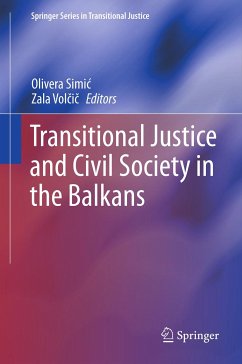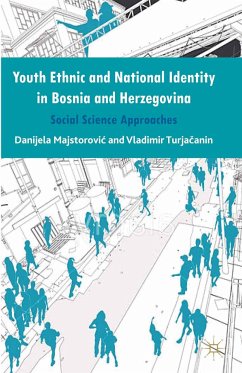Through specific case-studies, the unique contribution of Transitional Justice and Civil Society in the Balkans is not only that it covers a part of the world that is not adequately represented in the transitional justice field, but also that it is one of the first projects originally researched and written by experts and scholars from the region or in collaboration with international scholars. By taking a more critical look at national strategies, local practices and priorities, and by closelyexamining international transitional justice agendas, the authors explore the complex and unpredictable justice processes currently underway in the Balkans. They suggest lessons to be learned from those engagements and identify future directions that may be taken in order to bring a sustainable peace to the region.
With its effective combination of empirical studies and theoretical grounding, Transitional Justice and Civil Society in the Balkans serves as an excellent resources for scholars of peace studies, the Balkans, historians, peace psychology, transitional justice, political science, civil society, sociologists, criminologists, and anybody interested in the process by which nations and peoples heal themselves.
Dieser Download kann aus rechtlichen Gründen nur mit Rechnungsadresse in A, B, BG, CY, CZ, D, DK, EW, E, FIN, F, GR, HR, H, IRL, I, LT, L, LR, M, NL, PL, P, R, S, SLO, SK ausgeliefert werden.
"This is a very useful contribution both in summarizing the transitional justice experience in the Balkan region ... and in highlighting the role that civil society can play in a transitional justice process. This collection would be useful not only for students and scholars of both transitional justice and Balkan politics but also for practitioners working in peace-building and conflict prevention. ... this volume takes us one step closer to understanding both the contributions of and the limitations on civil society's involvement in transitional justice." (Julie Broome, Southeastern Europe, Vol. 37 (2), 2013)









